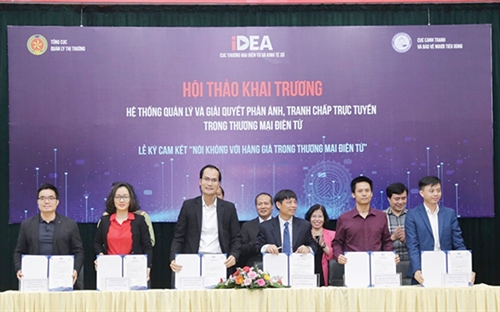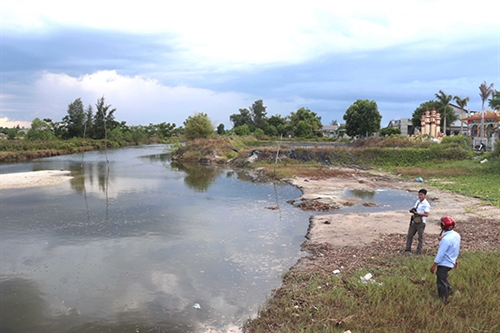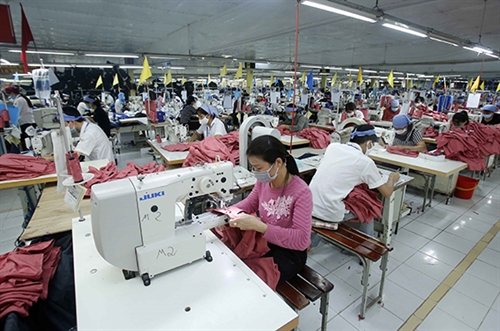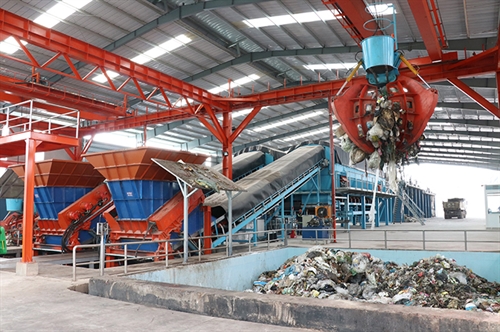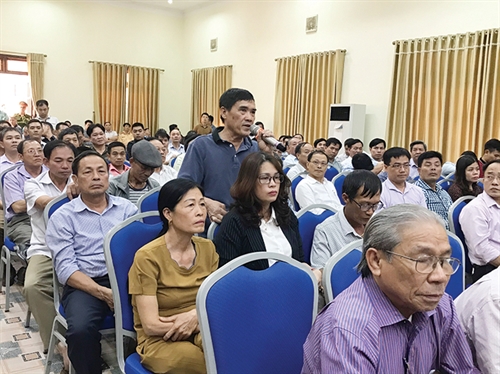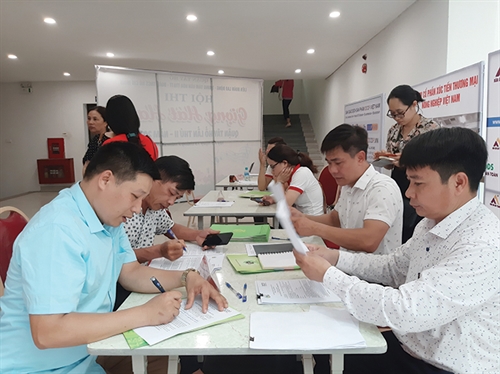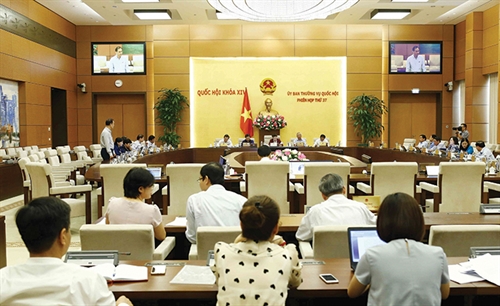Introduction
On September 25, 2020, the Ministry of Justice published the Database on recognition and enforcement of foreign court judgments and decisions, and of foreign arbitral awards in Vietnam (the Database).
Never before had Vietnamese courts been open about their views and opinions of foreign dispute resolution forums.
It was only three years prior that the Supreme People’s Court of Vietnam began publishing judgments and decisions of courts at various levels, and recognizing and publishing case laws, thereby shedding light on an often-shrouded Vietnamese judicial process.
The Database comprises Vietnamese courts’ decisions on 26 foreign courts’ judgments and decisions and 83 foreign arbitral awards for the period from January 1, 2012, to September 30, 2019.
Based on the Database, except cases suspended due to various reasons prescribed in the 2015 Civil Procedure Code (including primarily withdrawal of petitions by the applicants), 46 percent of foreign courts’ judgments and decisions (12 of 26), and 49 percent of arbitral awards (41 of 83) were recognized and enforced in Vietnam; and only 19 percent of foreign courts’ judgments and decisions (5 of 26) and 36 percent arbitral awards (30 of 83) were rejected to be recognized and enforced.
Recognition and enforcement of foreign courts’ judgments and decisions
Judgments and decisions of foreign courts, including those in respect of commercial transactions and other civil- and family-related matters, are mainly considered by Vietnamese courts for recognition and enforcement in Vietnam under two legal bases: (i) a treaty to which the country of the foreign court and Vietnam are members prescribes recognition and enforcement and (ii) there are grounds to apply the reciprocity principle with countries with which Vietnam does not have a treaty.
For mutual assistance in civil matters, Vietnam only has over a dozen treaties with other countries, primarily the former Soviet Union countries. Therefore, the application of the reciprocity principle is in practice very important because judgments and decisions of courts from a non-treaty country would not otherwise be recognized and enforced in Vietnam.
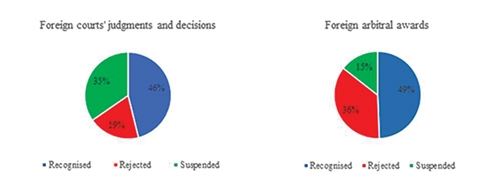 |
Among 26 petitions published on the Database, seven are related to commercial disputes, of which three were rejected to be recognized and enforced in Vietnam.
The Database lists out several key reasons why Vietnamese courts rejected to recognize and enforce foreign courts’ judgements, including: (i) such foreign courts had failed to summon, or properly serve the party against whom enforcement is sought with process of the courts; (ii) such foreign judgments and decisions, if recognized, would be contrary to the basic principles of the law of Vietnam; or (iii) where Vietnamese courts find no grounds to apply the reciprocity principle; and (iv) the judgments of the foreign courts had been revoked.
It is worth noting that the party who seeks recognition and enforcement must submit along with the petition, among others, evidence that the foreign court had summoned or properly served the other party. That means the burden of proof here actually lies with the party who seeks recognition and enforcement. In reality, it is very difficult for such party to obtain this evidence because this evidence is typically held by the other party.
The concept of “basic principles of Vietnamese law” is the Vietnam equivalent of “public policy” in other jurisdictions. This is a broad concept and hence is vague. The relevant cases in the Database do not shed light on this issue.
Recognition and permission for enforcement of foreign arbitral awards
Foreign arbitral awards are considered by Vietnamese courts for recognition and enforcement in Vietnam under two legal bases: (i) the country of the foreign arbitration forum and Vietnam are members of a relevant treaty, and (ii) there are grounds to apply the reciprocity principle with countries with which Vietnam does not have a treaty. Because Vietnam is a member of the 1958 New York Convention and most countries that are investment or trading partners of Vietnam are members of this Convention, recognition and enforcement on the basis of the reciprocity principle are less important.
 |
Among 83 petitions published on the Database, 30 were rejected to be recognized and enforced in Vietnam.
Recognition and enforcement on the basis of the reciprocity principle is a developing area. The Database shows that Vietnamese courts have applied the reciprocity basis inconsistently. Specifically, it is not clear whether Vietnamese courts only permit recognition and enforcement with a country in which a Vietnamese court judgment has been recognized and enforced or would be recognized and enforced.
The most common reasons to reject recognition and enforcement include: (i) such arbitration tribunals had failed to properly serve the party against whom enforcement is sought with process of the tribunals (mentioned 27 times), (ii) such arbitral awards, if recognized, would be contrary to the basic principles of the law of Vietnam (mentioned 10 times), and (iii) there is a lack of authority for the parties to enter into the arbitration agreement or signing formalities had not been complied with (mentioned six times).
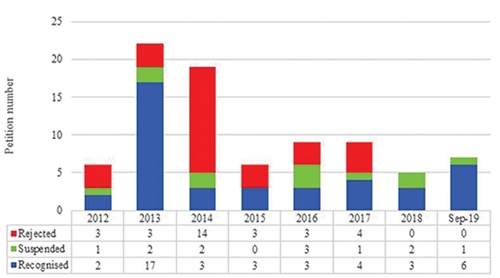 |
Despite Vietnam being a member of the New York Convention and Vietnamese law placing the burden of proof on the party against whom enforcement is sought, Vietnamese courts have often requested the party who seeks enforcement to provide evidence. Furthermore, even where the evidence is provided, Vietnamese courts appeared to rely solely on Vietnamese procedures for service of process, rather than the parties’ agreement and arbitration center’s rules for service of process, to determine whether the service of process was proper.
Lack of authority and non-compliance with signing formalities were also often cited. Even though Vietnamese law provides that a foreign individual’s and entity’s civil legal capacity must be determined by using such country’s law, Vietnamese courts, however, have showed a tendency to apply only Vietnamese law for such purpose.
Unlike recognition and enforcement of foreign court judgements, the relevant cases on recognition and enforcement of foreign arbitral awards in the Database indicate that a violation of any specific law of Vietnam could be construed as being against the basic principles of Vietnamese law. Therefore, there remains a significant risk on how Vietnamese courts could broadly interpret basic principles of Vietnamese law when recognizing and enforcing foreign arbitral awards.
Conclusions
There are more and more cross-border cases being recognized and enforced in Vietnam. Foreign courts and foreign arbitrations are generally permissible for cross border cases unless they fall into the exclusive jurisdiction of Vietnamese courts. It appears that Vietnamese courts increasingly lean toward giving permission to recognize and enforce foreign court judgments and decisions, and foreign arbitral awards.
Judgment/award creditors should always bear in mind in case the assets of judgment/award debtors are situated in Vietnam, and they therefore should consider how best to ensure recognition and enforcement in Vietnam. Despite the recent positive trend, parties need to consider reasons which could be used by Vietnamese courts to reject recognition and enforcement of foreign court judgments and decisions, and foreign arbitral awards.- (VLLF)
